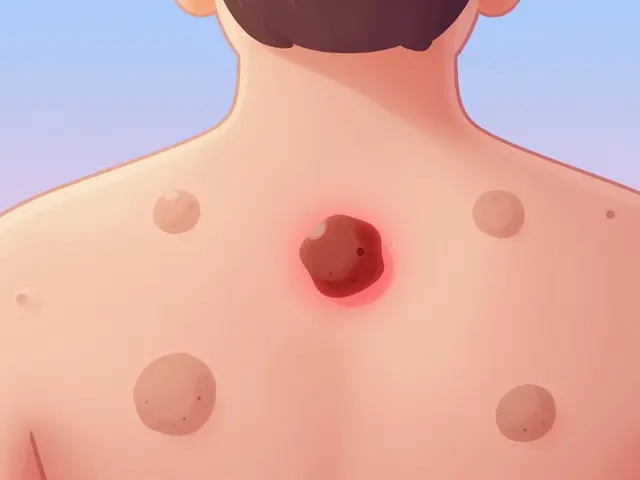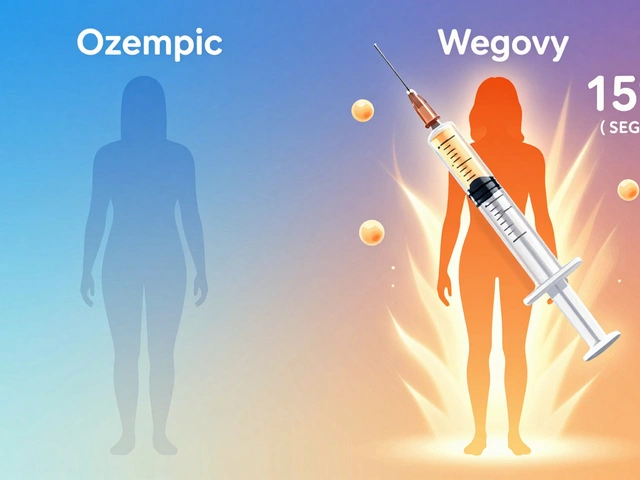Top Amazonian Herbs: Science-Based Benefits for Holistic Wellness
April 26 2025Hydration: How to Spot It, Fix It, and Keep It Steady
Feeling tired, dizzy, or having a dry mouth? Those could be simple signs of not drinking enough. Hydration affects energy, concentration, digestion, and how some meds work. This short guide tells you what to watch for and gives clear, useful steps to stay hydrated—especially if you take medication.
How to tell if you’re dehydrated
Look for dry mouth, dark urine, fewer trips to the bathroom, lightheadedness, headaches, or fast heartbeat. In kids, watch for fewer wet diapers, sunken eyes, or a cranky mood. Older adults often feel less thirsty, so watch the other signs for them. If someone is confused, very sleepy, can’t keep fluids down, or has very little urine, treat it as urgent and seek medical help.
Simple, safe ways to rehydrate
Water is the best start. Sip regularly rather than gulping a lot at once. For light sweat or daily activity, plain water plus a salty snack is usually enough. If you’ve lost a lot of fluid through vomiting, diarrhea, or heavy sweating, use an oral rehydration solution (ORS) or a sports drink that contains electrolytes.
If you want a DIY option, many health services suggest mixing about 1 liter of clean water with 6 teaspoons of sugar and 1/2 teaspoon of salt. Ready-made ORS packets are safer for serious dehydration because they have the exact balance your body needs.
Alcohol and caffeine can make dehydration worse for some people. If you drink alcohol, alternate with water. After intense exercise, add sodium and potassium (bananas, a sports drink, or an ORS) to help replace what you sweat out.
If you’re older, have chronic illness, or you care for kids, set a simple routine: a glass of water with each meal, one between, and before bed. Small, regular amounts beat large, rare ones.
Some people worry about drinking too much. That’s rare unless you force excessive amounts in a short time. Spread fluids through the day and listen to your body.
Medications can change your fluid and salt needs. Diuretics (like furosemide) increase fluid loss, and some blood pressure or diabetes drugs can affect electrolytes. Lithium is one example of a medicine where steady hydration matters. Ask your pharmacist or prescriber if your meds need a special plan.
If you’re starting a new drug or feeling different after a med change, check in with your pharmacist. They can tell you whether to drink more, watch your sodium, or get lab tests.
When to get help: if symptoms don’t improve after sipping fluids, you can’t keep liquids down, you faint, your heart races, or you become confused. Severe dehydration needs medical care, sometimes IV fluids.
Staying hydrated is simple but powerful. A few small habits—regular sips, salty snacks after heavy sweat, and checking with your pharmacist when meds change—keep you steady and feeling better every day.
 17 Jul
17 Jul
How to Prevent DVT on Long Flights While Taking Apixaban: Essential Movement, Hydration & Compression Gear Strategies
Discover proven techniques to prevent DVT on long-haul flights while on apixaban—movement routines, best compression gear, hydration hacks, and real travel advice.
Read More...




